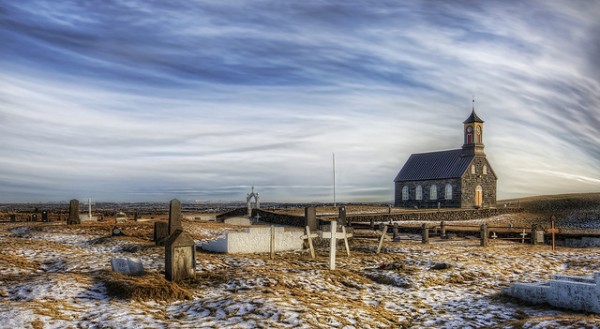To Die is To Live
I was 21 years old when my father died..
His cancer was first discovered 8 years earlier. He had developed mysterious pain and swelling in his legs. Ideas and diagnoses were tossed around but the symptoms remained unexplained. When doctors don’t have the answer, they runs tests.
The CT scan of his abdomen would reveal the golf ball size tumor in his kidney.
The cancer was small and had not spread. The words we wanted to hear were being spoken by the experts. Surgery. Treatable. The possibility of a cure. Survival.
I don’t remember if anyone decided what caused the swelling, but we all viewed it as a gift that would save his life.
I had no idea how hard dad would have to fight in the remaining years of his life.
After removing the affected kidney, doctors declared him cured, and my fears of his death were alleviated. If the scare caused me to pause, then the cure gave me permission to move on.
I remember acting as if nothing significant had happened. We all carried on as if dad having his kidney removed for cancer was a routine part of life. A small little speed bump that would only slow us down for a moment.
On a routine checkup 5 years after his surgery a chest Xray revealed a new mass in his lung. A few days later a CT scan discovered even more.
For 5 years the malignancy remained present but dormant in his body. Our vocabular changed. Recurrence. Metastasis. Chemotherapy. Eventually we used the word Terminal.

photo by Trey Ratcliff (creative commons)
Dad grew up on a small farm in western Kentucky. His childhood was a story of cutting tobacco and cleaning cow manure. He was was a fighter and he treated his cancer no differently. The 3 years that followed included surgery, chemotherapy, hair loss, trips to the National Institute of Health and more CT scans.
But when the 10th round came, he had nothing left to give. He succumbed to the disease.
While the fight was still raging, we all believed he would recover, living in the hope that he would survive. I can still remember the day, though, when we both realized that he wouldn’t.
For the first time in our lives, both of us started living as if Dad was going to die.
Dad changed. He started to grab onto the precious moments of his life and stopped being distracted with the things that don’t really matter.
He stopped talking about investments and business ventures and started noticing the beauty of a sunset or a whispered secret. He stopped watching television and started having conversations with me.
It wasn’t just the conversations, but the topics. Dad started telling me how much he loved me.
It was something I had always known, but we rarely spoke of it. He prayed with me. We talked about God. We talked about my new wife. We talked about heaven.
In his few remaining days, with death knocking on the door, he was the happiest I had ever seen him. His happiness was derived from his sense of purpose.
Once he accepted death he stopped trying to hold onto life. And for the first time he started living. (Tweet that.)
He was choosing to live if there was no tomorrow. Because there wasn’t.
Embracing the truth of our mortality can change everything.
The point of this article isn’t to be morose. The purpose is to encourage you to be fully alive.
- To focus on doing the things that will matter forever.
- To understand the value of time.
- To silence distractions.
- To focus on relationships.
- To realize that some risks are too important not to take.
- To stop worrying about failing and to start doing.
- To love because in the end, there is nothing else.
Have you ever lived in such a way as if some day you will die?
You can leave a comment by clicking here.
